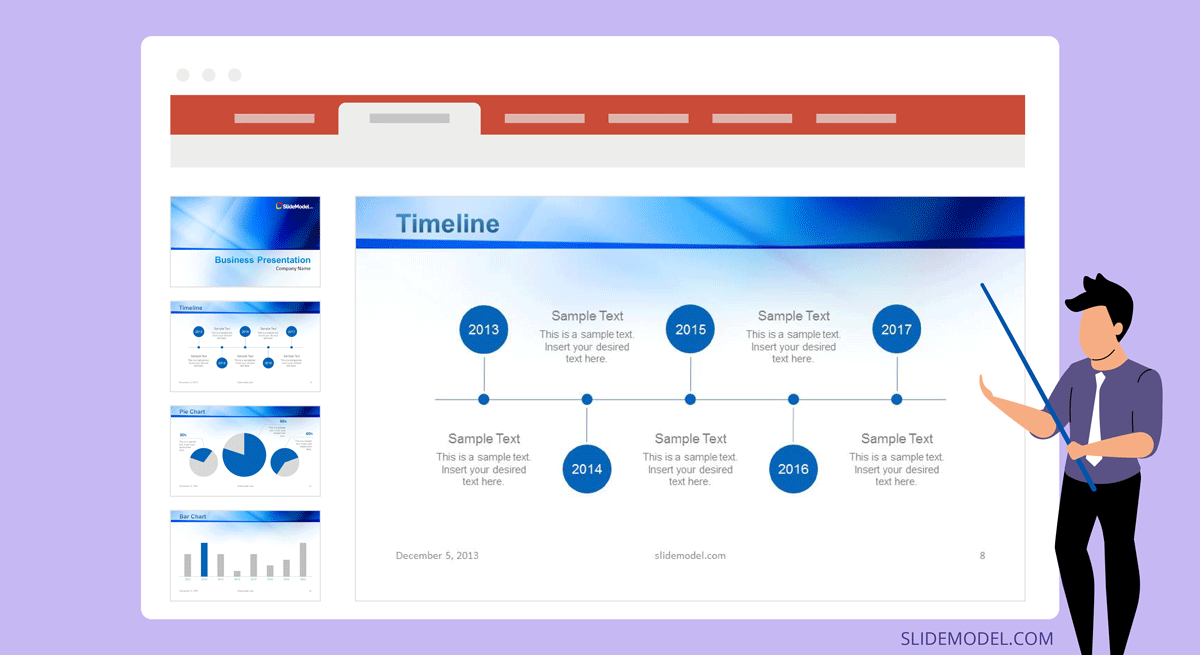The Role of Management Offshore in Streamlining Business Processes
The Role of Management Offshore in Streamlining Business Processes
Blog Article
Browsing Difficulties: Proven Approaches for Effective Monitoring Offshore
Efficient management offshore offers an unique set of obstacles that demand critical techniques and adaptive remedies. By focusing on clear communication, cultivating a natural team society, and implementing durable risk monitoring methods, organizations can browse these complexities with greater ease. Additionally, leveraging innovative innovation not only improves procedures however also facilitates real-time partnership across geographically distributed teams. As we explore these proven approaches, it becomes vital to recognize how each element interconnects and adds to a resilient overseas monitoring structure. What understandings can we reveal regarding the detailed equilibrium necessary for success in this dynamic environment?
Understanding Offshore Obstacles
In navigating the intricacies of overseas management, organizations have to first identify the unique obstacles that emerge in this environment. Offshore procedures frequently involve varied cultural standards, governing frameworks, and economic problems, which can produce possible barriers to reliable monitoring. One key difficulty is the variation in communication styles, often worsened by language obstacles and varying degrees of technological combination. Misconceptions can lead to ineffectiveness and prevent collaboration amongst teams.
Additionally, conformity with neighborhood legislations and guidelines presents one more layer of complexity. Organizations should remain informed of the legal landscape in each overseas jurisdiction, as non-compliance can result in extreme penalties and reputational damages. In addition, differing labor laws and employment techniques can make complex labor force administration, calling for companies to adapt their personnels techniques appropriately.
An additional significant difficulty is the risk linked with economic and political instability in certain regions. Organizations needs to examine these threats and create backup strategies to alleviate prospective disruptions. Inevitably, recognizing these obstacles is vital for companies aiming to optimize their offshore administration techniques and achieve lasting success in a globalized service atmosphere.
Efficient Interaction Techniques

Establishing a typical language and guaranteeing that all staff member excel in it can alleviate misunderstandings. It is additionally crucial to consider cultural distinctions that might influence communication designs. Normal check-ins and comments sessions can advertise an environment of openness, making it possible for group participants to voice worries and share insights.
To improve communication performance, creating a structured interaction strategy that details regularity, methods, and essential stakeholders can give clarity - management offshore. Furthermore, using visual aids and created documentation can strengthen spoken messages, making certain that details is preserved and comprehended
Building a Solid Group Society
Cultivating a strong group society is essential for the success of offshore teams, as it lays the foundation for partnership and performance. A durable team culture fosters count on, involvement, and a shared sense of purpose amongst staff member, which is specifically essential when working throughout various time zones and social contexts.
To construct this culture, leaders ought to prioritize open communication, ensuring that all employee feel listened to and valued. Regular check-ins and responses sessions can assist reinforce this technique, enabling the identification of worries and the celebration of success. In addition, establishing clear objectives and aligning them with view the group's worths improves commitment and liability.
Motivating social communications, both digital and in-person, can better reinforce relationships within the group - management offshore. Informal celebrations and team-building activities advertise friendship and aid break down obstacles that might exist as a result of geographical distances. Identifying individual payments and commemorating turning points likewise cultivates a sense of belonging and inspiration
Ultimately, a solid team culture not only boosts collaboration yet also drives advancement, as staff member really feel equipped to share ideas and take dangers. By buying social growth, offshore teams can attain greater success and strength in the face of difficulties.
Applying Risk Administration Practices
Threat management is a critical element of effective overseas management, guaranteeing that groups are prepared to browse uncertainties and prospective challenges. To implement reliable threat management methods, companies have to first identify the particular dangers connected with offshore operations. This includes analyzing aspects such as geopolitical instability, ecological risks, and supply chain susceptabilities.
As soon as risks are identified, the next step involves evaluating their possible impact and likelihood. This assessment allows teams to prioritize threats, focusing resources on those that present the biggest threat to project success. Developing a detailed threat administration structure is important; it must consist of clear methods for risk mitigation and contingency preparation.

Leveraging Modern Technology for Success
In today's swiftly advancing landscape, leveraging modern technology is essential for accomplishing success in offshore management. The integration of advanced technical remedies can substantially improve operational performance, simplify interaction, and foster partnership across varied groups.
Cloud computing platforms facilitate real-time information sharing and availability, enabling project stakeholders to continue to be educated and engaged no matter their geographic locations. This immediacy not just enhances decision-making however additionally assists reduce risks related to info delays. Furthermore, project monitoring software application offers a central hub for tracking progress, appointing jobs, and managing sources, guaranteeing that all employee are aligned with job goals.

Final Thought
In conclusion, effective offshore monitoring requires a comprehensive approach that incorporates effective interaction, solid team society, strenuous threat administration methods, and advanced technological solutions. By cultivating partnership and engagement among varied teams, companies can navigate the intricacies of offshore procedures more adeptly. In addition, the application of a durable danger monitoring framework and the use of technology not only boost functional efficiency however also prepare organizations to properly reply to prospective obstacles and unpredictabilities in the offshore atmosphere.

By prioritizing clear communication, try these out fostering a cohesive group society, and carrying out durable danger administration methods, companies can browse these intricacies with better ease.Risk management is a vital element of successful overseas management, guaranteeing that teams are prepared to navigate unpredictabilities and possible obstacles. Furthermore, job management software application gives a centralized center for tracking progress, assigning jobs, and managing sources, making sure that all group members are aligned with task objectives.
In final thought, successful overseas monitoring requires an extensive method that integrates efficient interaction, solid group culture, strenuous threat administration practices, and progressed technical services. By fostering cooperation and interaction amongst varied teams, organizations can browse the complexities of overseas operations more expertly.
Report this page